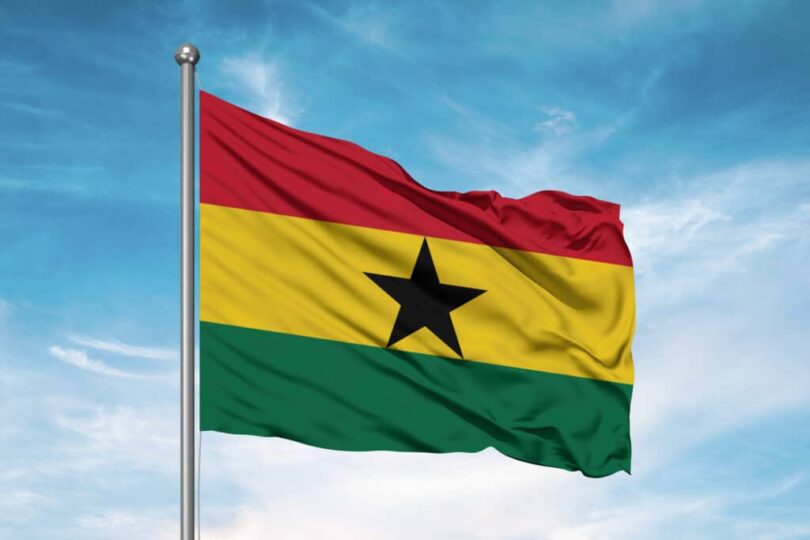The Republic of Ghana has initiated a significant Eurobond debt restructuring offer, aiming to alleviate its growing debt burden as the country grapples with severe economic challenges, including inflationary pressures, a depreciating currency, and mounting fiscal deficits.
The Exchange Offer and Consent Solicitation, announced by the Ministry of Finance on September 5, 2024, forms a crucial part of the government’s strategy to restore fiscal stability and reduce its unsustainable debt load.
The initiative is seen as a vital component of Ghana’s broader recovery plan, which is backed by the International Monetary Fund (IMF) under a $3 billion Extended Credit Facility.
The restructuring plan offers bondholders the option to exchange their existing Eurobond holdings for new bonds with revised terms. Ghana is proposing two restructuring options: the Par Menu and the Disco Menu.
The Exchange Offer also includes a Consent Solicitation that seeks bondholders’ approval to amend the terms of specific bonds.
This includes bonds guaranteed by the World Bank, where the restructuring plan proposes to terminate the World Bank’s guarantee in exchange for a one-time payment to bondholders.
Ghana has been hit hard by a series of global and domestic economic challenges. The COVID-19 pandemic, coupled with the Russia-Ukraine war, has exacerbated inflation, disrupted global supply chains, and weakened Ghana’s currency, the cedi.
However, the external debt restructuring, which includes Eurobond holders, is seen as the next critical step in Ghana’s recovery.
In a move that strengthens Ghana’s position, the Regional Bondholders’ Committee, representing over 25% of outstanding Eurobond holders, has thrown its weight behind the Exchange Offer.
“The legal and financial terms of the Exchange Offer are in line with the Agreement in Principle. We recommend early consent to maximize value for consenting bondholders,” the statement read.
The Committee’s backing is significant, as it represents a substantial portion of the creditor base and is likely to influence other bondholders’ decisions.
The Committee also emphasized its ongoing commitment to Ghana’s economic recovery, stating that its members are key stakeholders in the country’s economy and remain committed to supporting the government’s fiscal and economic reforms.
The success of the debt restructuring hinges on widespread participation from bondholders.
Without a successful debt restructuring, Ghana risks prolonging its economic struggles, which could further erode investor confidence and delay recovery.







